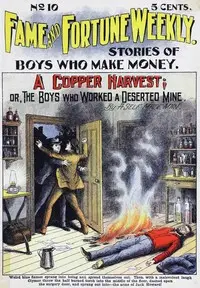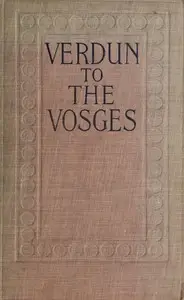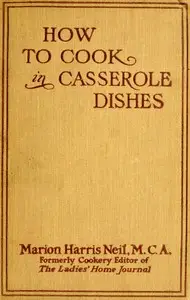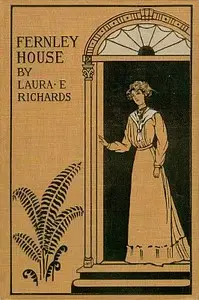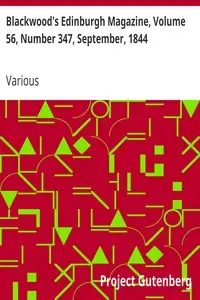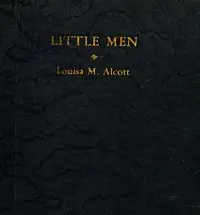"Philip Dru: Administrator; A Story of Tomorrow, 1920-1935" by Edward Mandell House is a political fiction novel written in the early 20th century. The book delves into themes of social justice, the struggle between wealth and the underprivileged, and the transformative power of leadership through its main character, Philip Dru. The narrative likely unfolds as Dru navigates a society rife with class tensions and seeks to implement reform. The beginning of the story introduces us to Philip Dru on his graduation day from the National Military Academy at West Point in 1920, set against a backdrop of looming civil unrest due to the widening gap between the wealthy and the disenfranchised. Dru, contemplative and somewhat detached from the pomp surrounding him, is haunted by the idea that his military career might serve wealth rather than the greater good. His encounter with Gloria Strawn marks a pivotal moment; they discuss the implications of wealth and poverty, and Dru's desire for action to remedy socioeconomic inequalities becomes evident. Their dialogue foreshadows Dru's path toward becoming a catalyst for change in a society he sees as deeply flawed and in need of reform. (This is an automatically generated summary.)
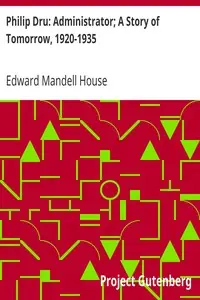
Philip Dru: Administrator; A Story of Tomorrow, 1920-1935
By Edward Mandell House
"Philip Dru: Administrator; A Story of Tomorrow, 1920-1935" by Edward Mandell House is a political fiction novel written in the early 20th century. Th...
Edward Mandell House was an American diplomat, and an adviser to President Woodrow Wilson. He was known as Colonel House, although his title was honorary and he had performed no military service. He was a highly influential backroom politician in Texas before becoming a key supporter of the presidential bid of Wilson in 1912 by managing his campaign, beginning in July 1911. Having a self-effacing manner, he did not hold office but was an "executive agent", Wilson's chief adviser on European politics and diplomacy during World War I (1914–1918). He became a government official as one of the five American commissioners to the Paris Peace Conference of 1919. In 1919, Wilson broke with House and many other top advisers, believing they had deceived him at Paris.


